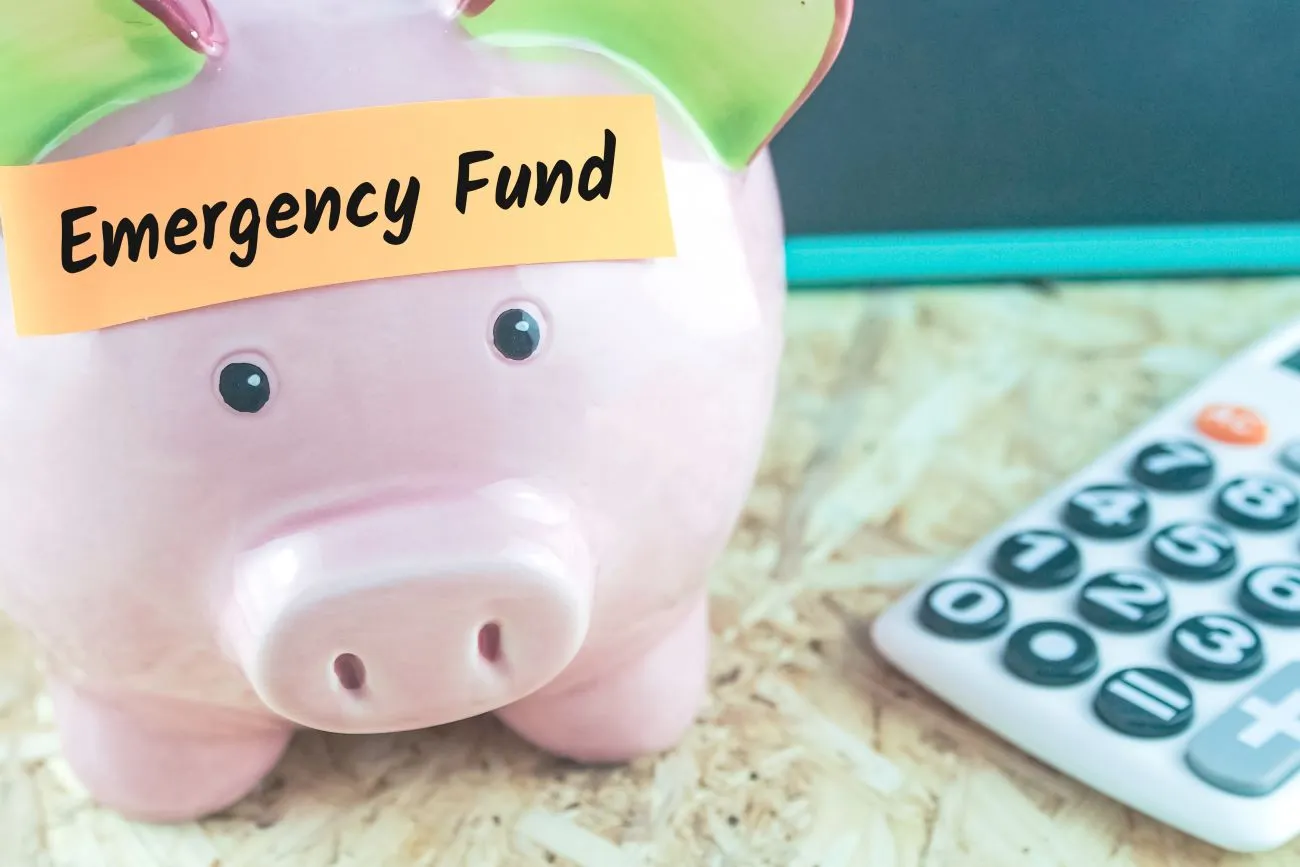A joint personal loan is different from a personal loan. As the name suggests, a joint loan involves at least two parties, meaning both parties are co-borrowers. A lender will check the credit rating and income sources of both parties to understand their repaying capacity.
Note that a joint personal loan is different from a personal loan with a guarantor or a co-signer in that both parties own the loan and assume the responsibility for the settlement of the debt. In contrast, a guarantor just assumes the responsibility for the payment of the debt and does not own the debt.
The benefit of taking out a joint loan is that you are likely to get a bigger sum at a better interest rate. Payments can be split up so you can easily manage repayments. However, remember that both parties are bound to clear the whole debt in case the other party defaults or refuses to pay off the debt.
When does it make sense to apply for a joint personal loan?
A joint personal loan can come in handy when you need a large sum of money that you think is not possible to qualify for if applied individually, and you both can repay the debt. It makes more sense to apply for a joint personal loan when you both have a good credit rating, as it will help you qualify for a loan at a better interest rate. If one of you has a bad credit rating,
You still have a chance to apply for a loan. A high credit score will help you save a lot of money in interest that you will pay on top of what you borrow. You can use a joint personal loan for a variety of reasons, such as home renovation, buying an expensive gadget, and funding an international rip.
When should you avoid taking out a joint personal loan?
A joint personal loan is, though, available for bad credit borrowers. You would not want to apply for these loans when any of you has a poor credit rating. You should avoid applying for a joint personal loan when you both do not have a good credit score. A poor credit history can cost you a lot of money because of higher interest rates. The monthly instalments will be larger, and the repayment term will be less. This will make it quite difficult for you to keep up with payments.
Although you can get the nod for a joint personal loan despite a bad credit rating, it is likely that you will not get approval from a lender. They might turn your application down. When your application is rejected, you will find it harder for you to borrow a loan next time at lower interest rates because hard inquiries will pull your credit points.
Before you apply for a joint personal loan, make sure that you can afford to pay back the debt and that your lender is convenient to lend you that much money. Each lender has their own policy for the loan amount, loan term and interest rates. Do research before you apply for a loan.
If any of you has a bad credit rating, you should try to apply for a loan separately. Attaching someone with a bad credit rating to your application will affect your reputation, and you will also have to bear high-interest rates. This will also lower your chances of borrowing money at a competitive interest rate down the line. Attaching someone with a poor credit rating will cast a shadow over your borrowing capacity.
Tips to get a joint personal loan
Here are the tips you should consider to get a joint personal loan:
- Who is the co-applicant?
A lender would like to see who your co-applicant is. If both of you are related to each other, you are more likely to get signed off on the loan. Lenders are more comfortable giving joint personal loans to those who share a home or family history. For instance, these loans are most likely applicable to couples, siblings, etc. Lenders find it less risky then.
- Determine your loan purpose
A lender would like to know the reason for taking out a joint personal loan. As borrowers, you both must agree on how to spend the money. Whether you want to consolidate the debts or you want to refurbish the loan, you should know how the money is to be spent. After all, you both are responsible for the settlement of the debt. From the moment you decide to borrow money, you should read from the same page.
- Review your credit reports and income
Do not be under the impression that your credit score is amazing. You should check it once before applying for a joint personal loan. Get a copy of your credit report from all agencies. Check if your credit report has any errors. If so, get them fixed. If your credit score is poor, think about doing it up and try to postpone your plans for taking out a joint personal loan.
If it is too urgent, be prepared to pay higher interest rates. Check out your income sources as well. Chances for approval are high when you both have stable income sources. If one of you has unstable income sources, some lenders may consider your application, but interest rates will be high.
- Interest rates and fees
Before you apply for joint personal loans from direct lenders in the UK, you should carefully check interest rates and fees structure. As the interest rates and fee structures vary by lenders, you should try to choose the lender that offers the best rates.
The bottom line
You should apply for a joint personal loan if you need a larger sum and you know that you would not be able to qualify for that much sum if you borrow individually. Joint personal loans are not an ideal option when one of the parties has a bad credit score.






